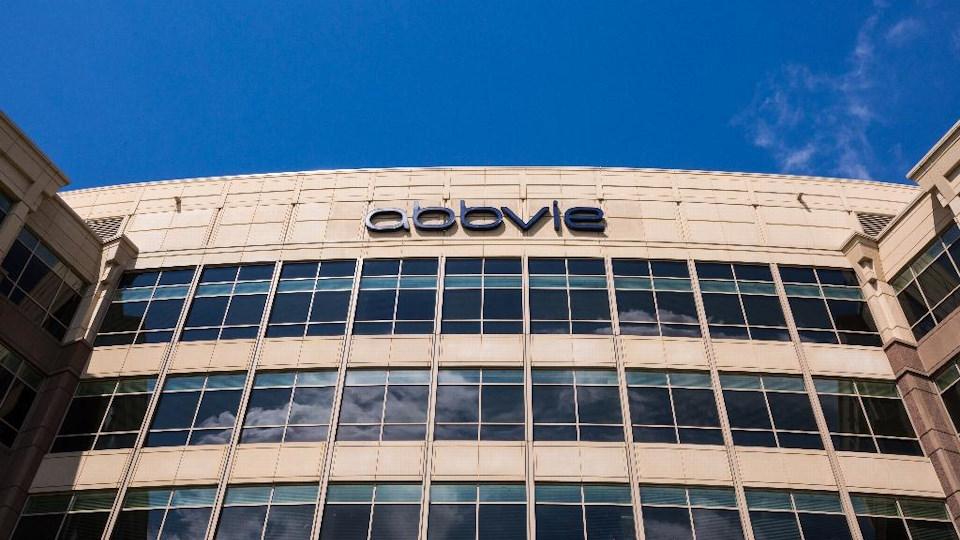AbbVie cues up filing for c-Met ADC in lung cancer

AbbVie is preparing to file for accelerated approval of telisotuzumab vedotin (Teliso-V) as a treatment for some patients with lung cancer after the drug hit the mark in a pivotal phase 2 trial.
Teliso-V could become the first antibody-drug conjugate (ADC) targeting c-Met to be approved by the FDA if all goes according to plan, said the pharma group. It is positioning the drug as a treatment for patients with relapsed or refractory non-squamous, non-small cell lung cancer (NSCLC) whose tumours over-express c-Met.
The c-Met protein is thought to be both a driver of cancer itself and a resistance mechanism that tumours can develop to protect them from some widely-used NSCLC therapies, including EGFR inhibitors.
AbbVie has just reported the results of the 233-patient LUMINOSITY trial, which tested Teliso-V as a second- or third-line treatment after chemotherapy, immunotherapy with checkpoint inhibitors, or drugs targeted at specific mutations.
According to an update from the company, the results show a “compelling” overall response rate of 35% in patients with tumours that express the biomarker at a high level (c-Met High) and 23% among those with lower levels (c-Met Intermediate).
That is lower than the 53.8% and 25% ORR, respectively, reported by AbbVie in a preliminary readout from the trial in early 2022, but is supported by “meaningful” clinical outcomes, including a median duration of response of 9 months and 7.2 months, and a median overall survival of 14.6 months and 14.2 months.
“Full data from the LUMINOSITY study will be presented at a future medical meeting and we will discuss with global health authorities the potential to support an accelerated approval,” said AbbVie.
A phase 3 trial called TeliMET-NSCLC-01 that could serve as a confirmatory trial is already underway and is comparing Teliso-V as a monotherapy to chemotherapy with docetaxel in c-Met-positive, non-squamous NSCLC, in patients both with and without other gene mutations, including EGFR and ALK.
The drug is furthest along in development among AbbVie’s ADC candidates since the failure of Rova-T (rovalpituzumab tesirine), which was at the heart of its $5.8 billion takeover of Stemcentrx in 2016.
Several c-Met-targeting drugs have already reached the market – including Novartis’ Tabrecta (capmatinib), Merck KGaA’s Tepmetko (tepotinib), and Hutchmed’s Orpathys (savolitinib) – although, these target specific c-Met mutations (Metex14) that affect around 3% to 4% of NSCLC patients.
Overall, c-Met protein over-expression is found in approximately 25% of advanced EGFR wild-type NSCLC patients, and is associated with a poor prognosis, according to AbbVie.
The drugmaker is also testing Teliso-V in combination with AstraZeneca’s EGFR inhibitor Tagrisso (osimertinib), Roche’s EGFR inhibitor Tarceva (nilotinib), or Bristol Myers Squibb’s PD-1 inhibitor Opdivo (nivolumab) in the phase 1 M14-237 study in a range of c-Met-expressing solid tumours.













